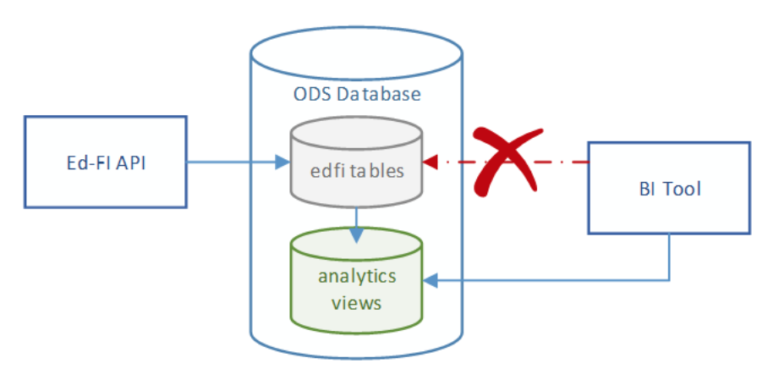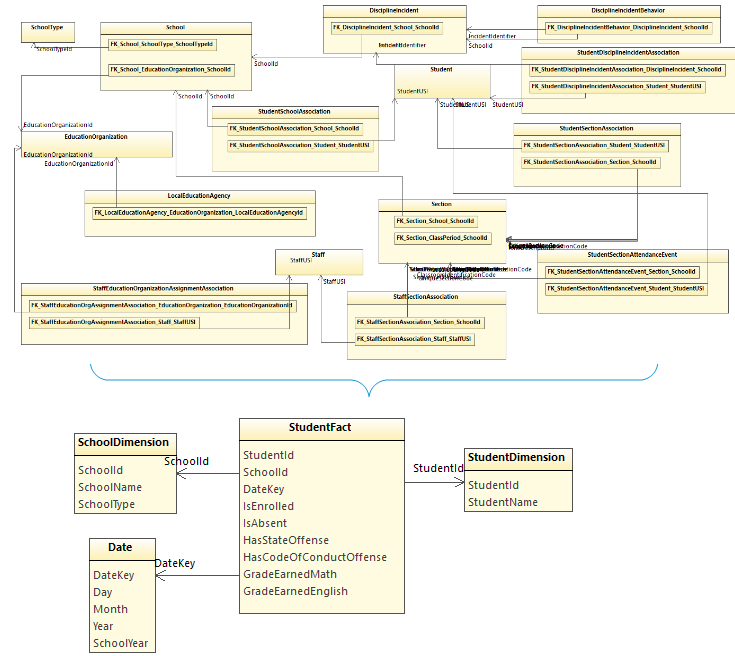Addressing the Elephant in the Room – AI – at the Data Day Texas 2025 Town Hall
Data engineering gurus Joe Reis and Matthew Housley once again led a closing town hall at Data Day Texas. Rather than opining from the front, they turned the session over to the wisdom of the crowd. Housley seeded the conversation with a single question – “what is the elephant in the room?” – and the room was ready with an answer: AI. In particular: what is AI going to do to my job?
Given a room full of strangers, some participants were remarkably open about their fears. Perhaps knowing that the audience is composed of fellow data geeks helped to establish a sense of vulnerability. These fears were being expressed by the people who, in theory, should be the ones developing expertise in using AI tooling. But that’s how disruptive the technologies may be: even the data experts are uncertain and afraid.

Perhaps 20 years from now we'll look back and wonder what the fuss what all about, just as I wonder what the backstory was on this balloon-based scarecrow protecting raspberries in my backyard circa 2006. By Stephen A. Fuqua.





